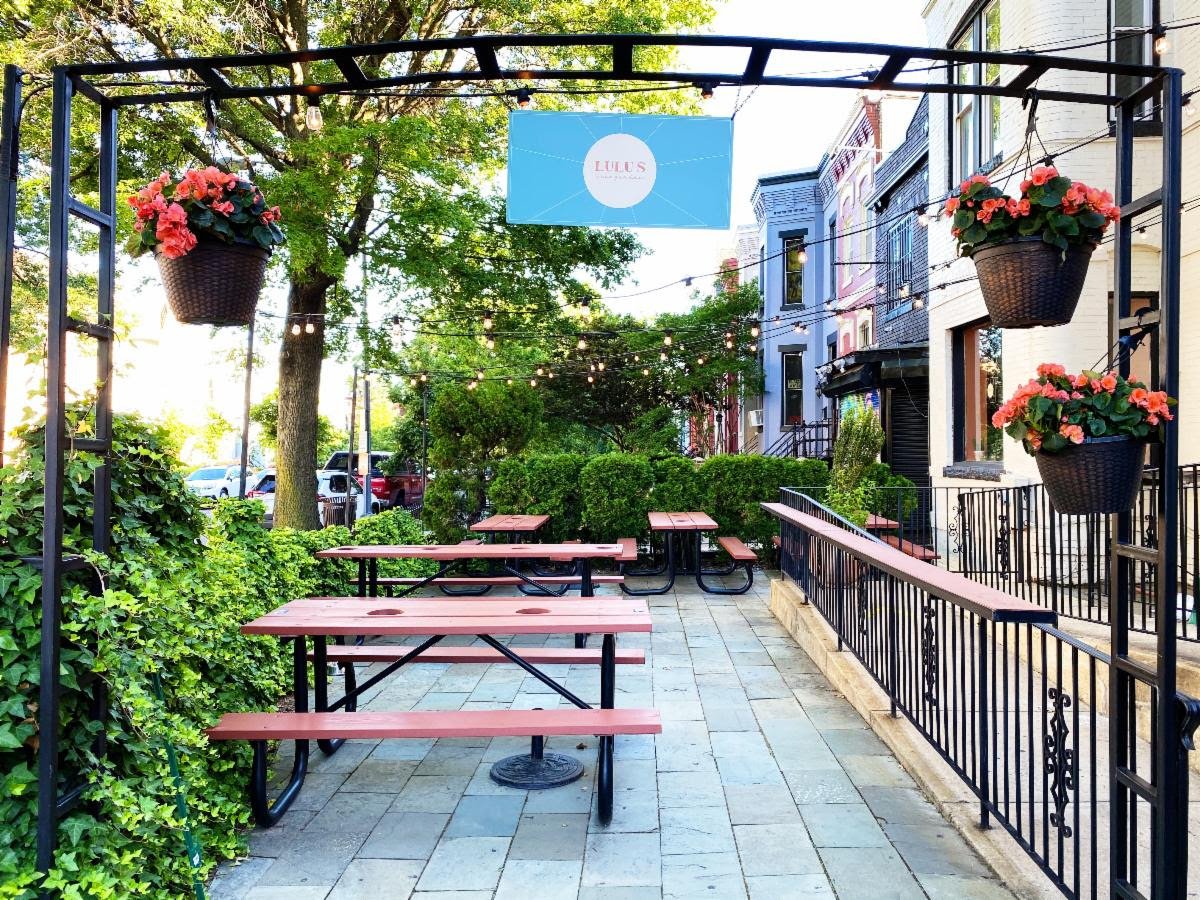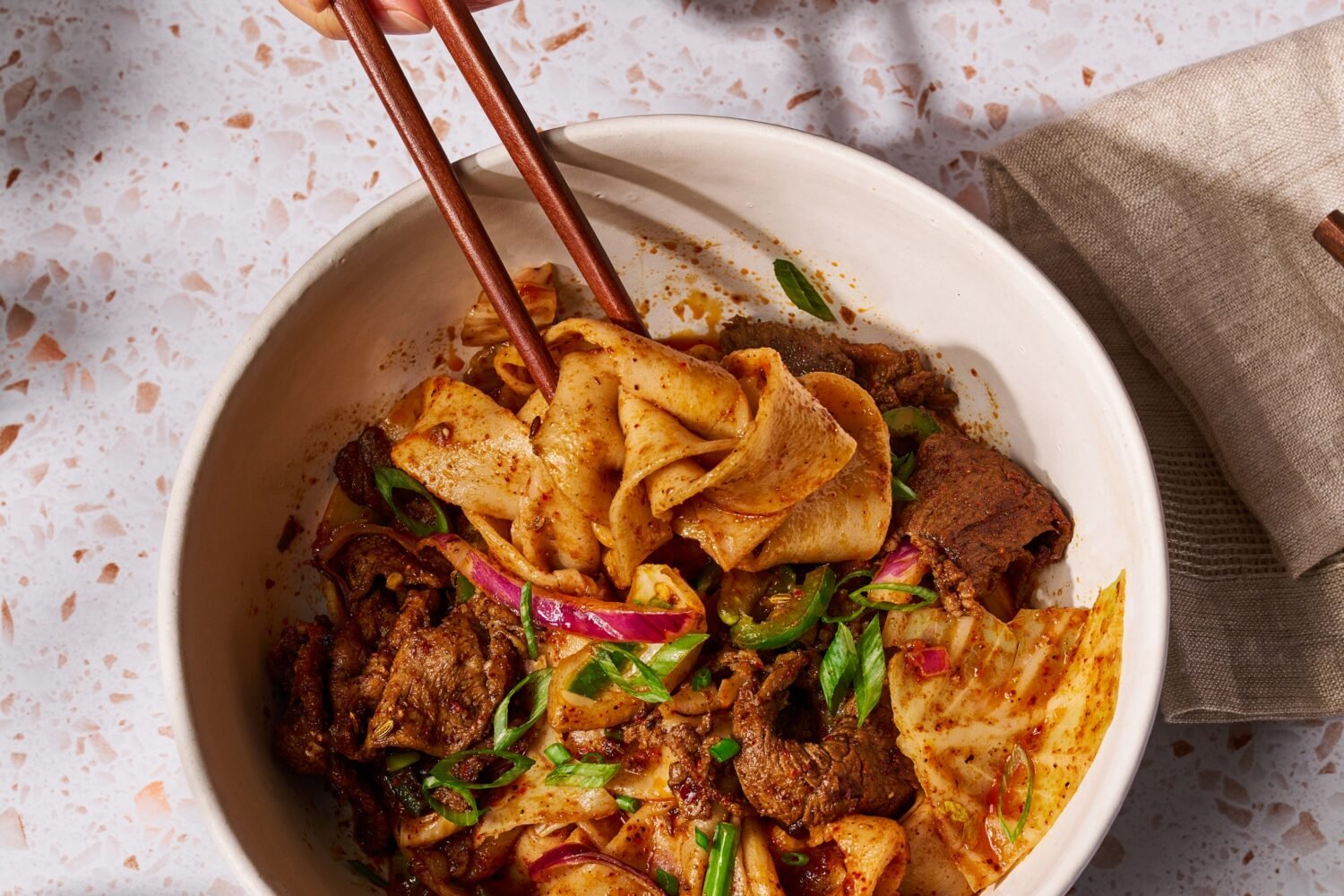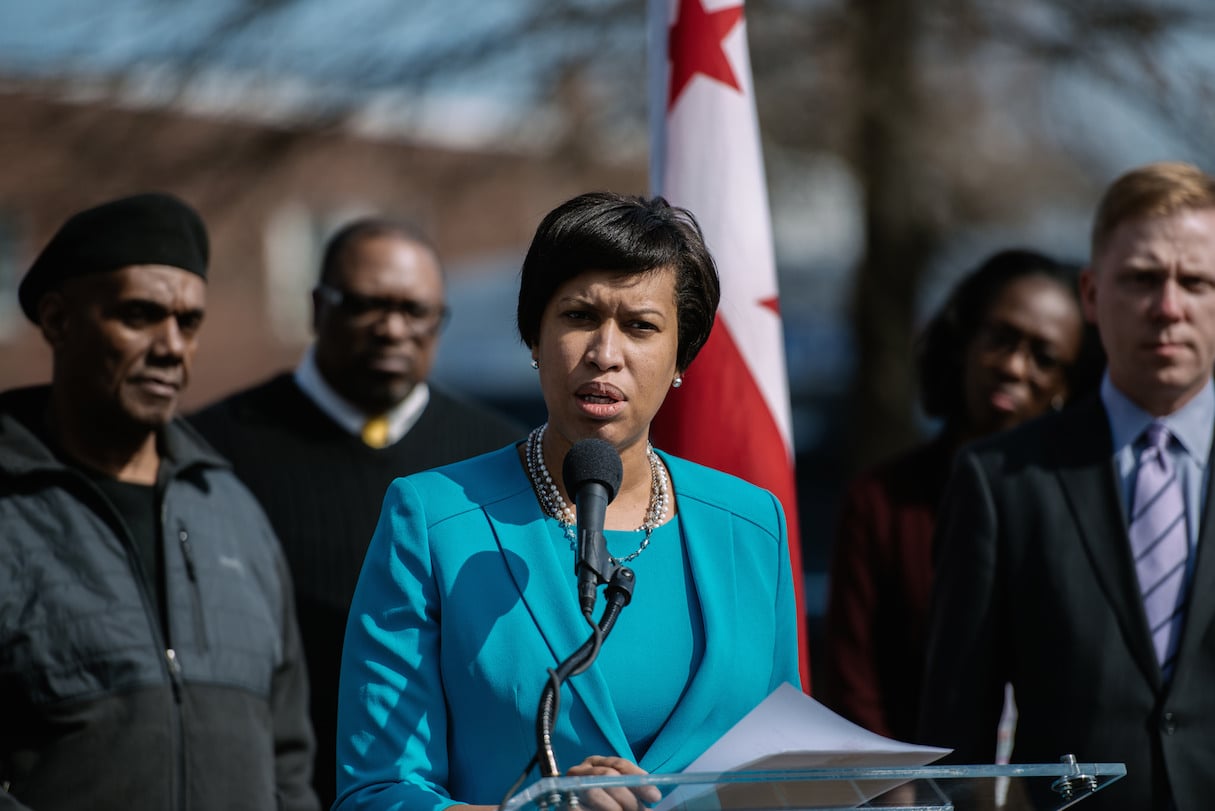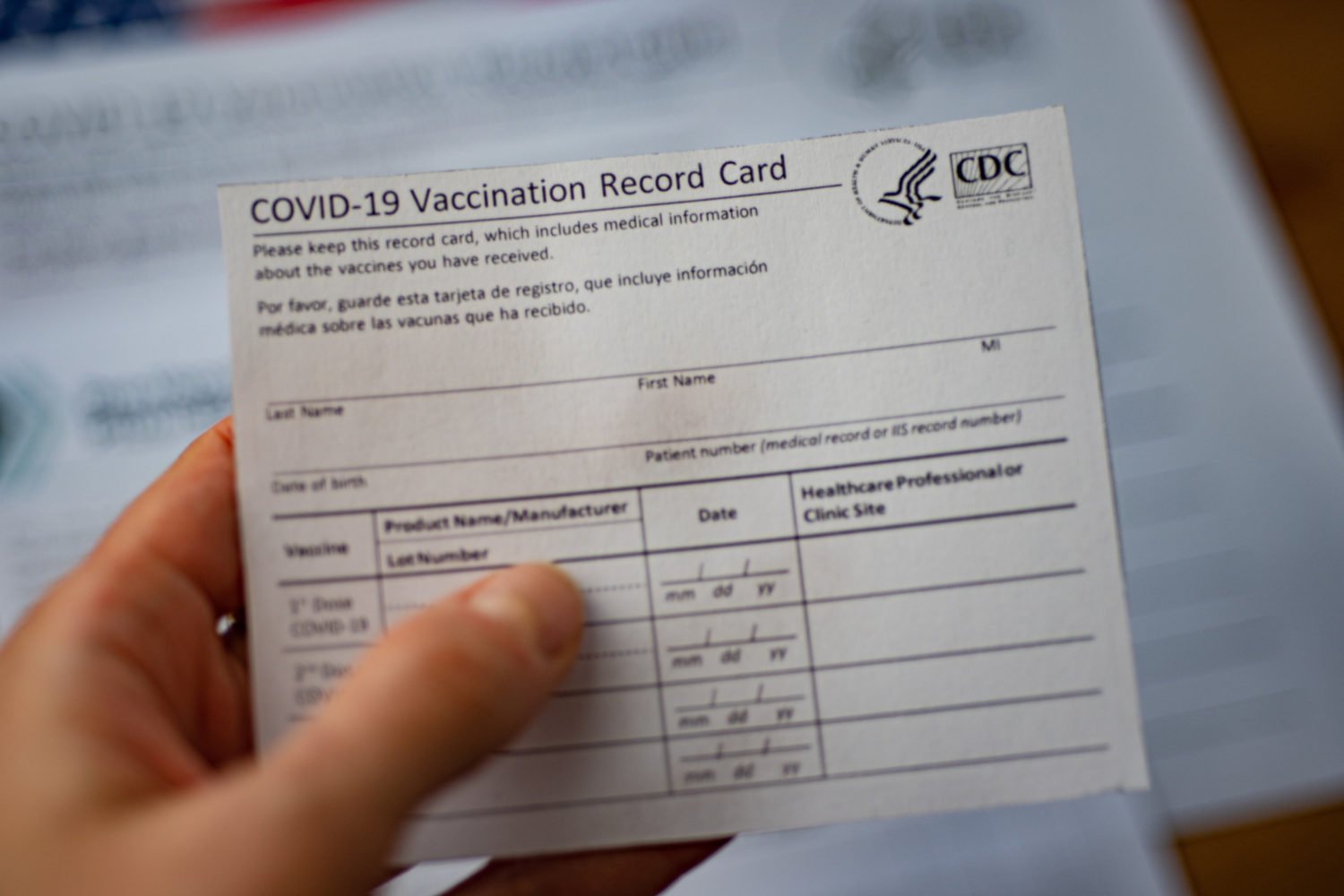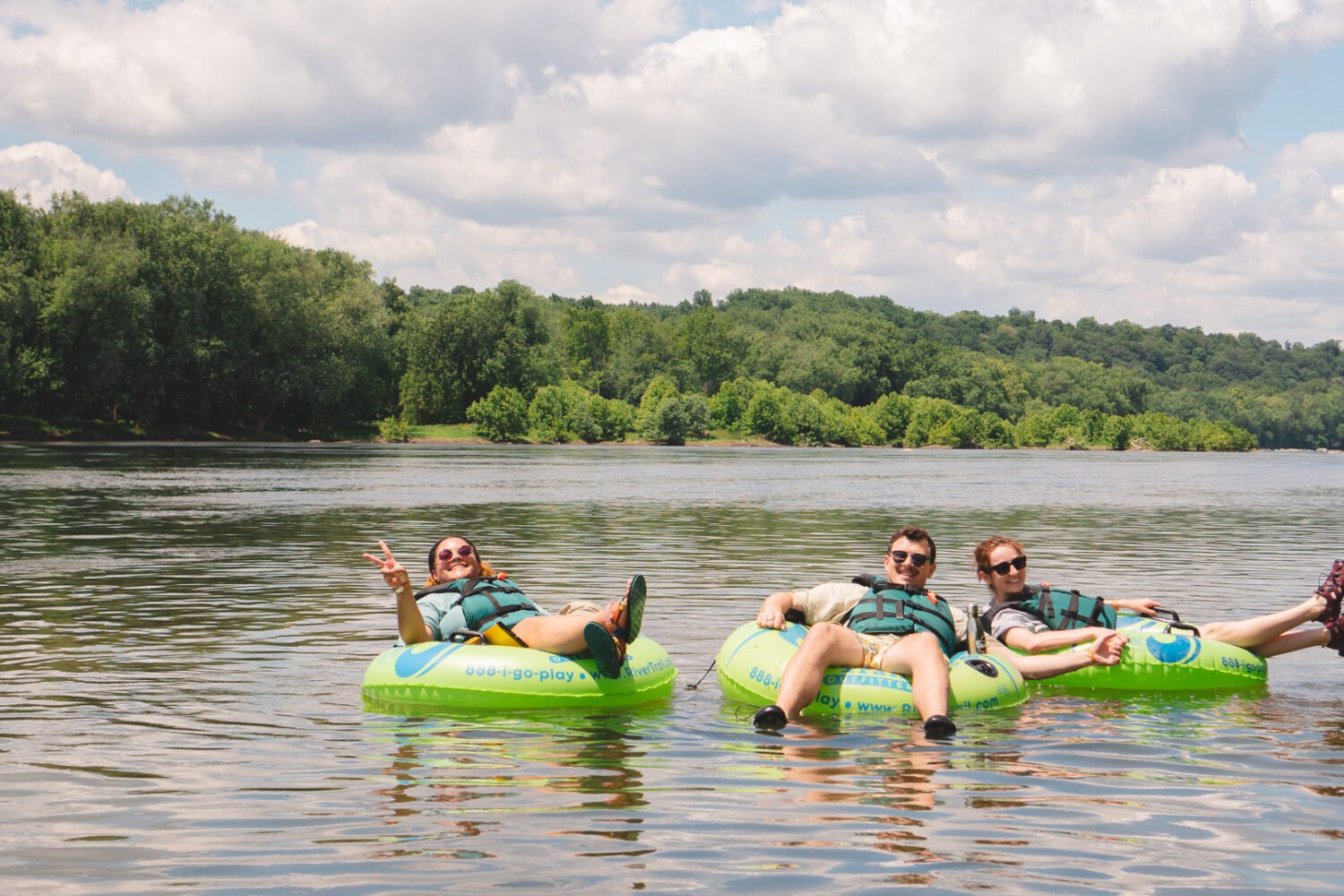Walters Sport Bar doesn’t usually take many reservations. It’s the kind of place where you just drop in for a beer and some wings. But with local governments encouraging booking systems for contact tracing and crowd mitigation, the Navy Yard spot suddenly found itself taking a lot more names in advance. By the first weekend of reopening, though, only half of of those people were actually showing up. Owner Jeremy Gifford estimates it probably cost his business a couple thousand dollars over Friday and Saturday.
“It’s such a kick in the stomach. We’re dying. We’re all going to go out of business, and you just nonchalantly don’t show,” says Gifford. “Meanwhile, we’re full and I’ve got five tables I’ve turned away in the past hour.”
No-shows have always been a plague of the restaurant industry, screwing with everything from servers’ tips to cooks’ prep work. Now, in the middle of a pandemic when capacity is limited and businesses are fighting for survival, they’re far more damaging.
At sushi spot Perry’s in Adams Morgan, which wasn’t taking reservations pre-Covid, between two to five parties on the 15-table rooftop aren’t showing up each night. “Although we try to confirm, people don’t pick up their phone,” says owner Saied Azali.
On average, the no-shows mean the difference between an extra $400 a night or not. In normal times, it was easier to fill that gap with walk-ins or shake off the missed revenue. But Azali notes that Perry’s sales are down 60-percent during Covid, and most restaurants can’t even afford rent right now. “Four-hundred dollars in the scheme of everything is a lot of money when your sales are like $2,000 or $3,000,” he says.
Some businesses charge a cancellation fee to discourage no-shows (or require prepaid, ticketed reservations). But even to do that on a booking system like OpenTable costs money, “and I have to save money wherever I can save money,” says Azali, who’s now looking at a switch to Resy.
On the flip side, Azali says he’s seen relatively few no-shows at nearby Mintwood Place. He attributes it to the slightly older clientele. “Younger people, they don’t make commitments,” he says.
Flight Wine Bar owner Swati Bose says a couple regulars in their twenties recently told her they had never made reservations anywhere pre-Covid. Now, they’re doing so for the first time, because it’s what restaurants prefer. But unlike Azali, she’s only seen two no-shows since reopening her Chinatown spot.
Anecdotally, it also seems restaurants and bars known as walk-in destinations are having more issues with ghosting guests. Conversely, places where it was always a good idea to make a res—Hank’s Oyster Bar and Chez Billy Sud, for example—have found patrons to be more sensitive about honoring their plans.
But as Gifford notes, even if percentage of no-shows is the same, they’re much more noticeable now. After reopening weekend, Walters has tried to solve the problem by reducing its number of OpenTable reservations and giving away tables after 15 minutes—things that might seem obvious for some restaurants but required some trial and error for a place that was new to a reservation-filled patio.
It’s not just the no-shows that are more of a hardship than before either. So are the late-shows. “I think a lot of people don’t realize just you being 15 minutes late causes a problem in the kitchen, and it’s a lack of revenue,” Gifford says.
And then there are the last-minute cancellations. Lulu’s Wine Garden owner Paul Carlson says he hasn’t seen too many no-shows, but he has had a problem with parties bailing at the 11th hour. That doesn’t help at a time when restaurants need to be more scientific about their expectations of business in order to manage inventory and costs.
“Funds and budgets are much smaller than they were before so we just can’t buy products and say, ‘Oh well if we don’t use it today, we’ll use it next weekend.’ We have to be very, very efficient on what we order,” Carlson says.
Since reopening, the restaurant has instituted a $20-per-head fee for cancellations within 48 hours (with exceptions for weather). “It’s just logical. If I didn’t show up to my hotel reservation, I imagine that they would charge me,” Carlson says. He says the attitude of some diners in the past has been “well, if I don’t show up to my reservation, if they charge me, I’ll call and complain and I’ll threaten to never come back and then they’ll reverse it.” Now, that’s a double jerk move.
“During Covid and probably moving forward, the real estate of our tables are just way too valuable for that to sit empty because a customer just didn’t show up,” he says. “It’s something that I don’t think restaurants are going to be able to swallow anymore.”

